Client-&-Customer Relationship Management stands for (CRM), which is a term for representing the business strategy. It is built around the concept of improved customer & client services. CRM aims at increasing client and customer satisfaction, consequently increasing the business’s income.
It compiles data in different communication channels, including a company’s official website, telephone, emails, live chats, social media and marketing materials channels.
Jump to Section
WHY CRM?
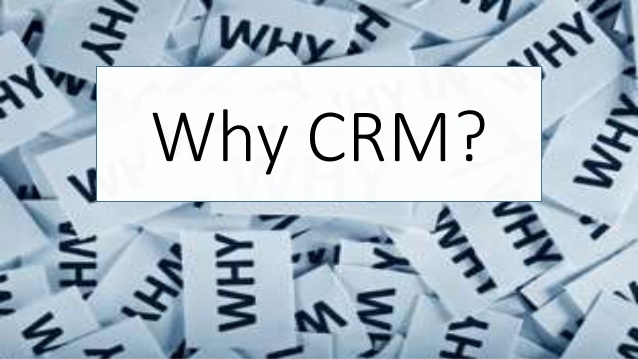
CRM captures sales, marketing, customer service, support system, and many more social activities. It is designed for data of customers, both structured & unstructured, and to sustain the management of the business side of customer-related operations. CRM technology automates processes and workflows. It helps the organization to support a company in engaging its clients.
With the intensive global competition and rapidly changing technological environments, meeting client’s & customer’s various needs become the only viable option for many companies.
A CRM is focused on major aspects, including:
- Global Competition,
- Low Profitability,
- Technology Improvement,
- Internet & E-commerce,
- Supply Chain Interaction,
- New Business Model.
Purpose of CRM
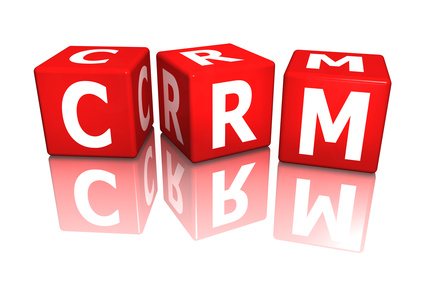
As for small kind of businesses, customer relationship management involves:
- Its processes help to identify and target their best customers, generate quality sales leads, and plan & implement marketing campaigns with clear goals and objectives methods.
- It helps to provide employees with classified information, they need to know their customers’ needs and build relationships with the company and its loyal customers.
Customer relationship management tools include software and browser-based applications that collect organize information about customers. For example, as part of their CRM strategy, a business might be using a database of customer information to help construct a customer satisfaction survey or decide which new product their customers might be interested in.
Key roles of CRM Technology
Below are the key roles of CRM technology.
Customer Service
Customer Relationship Management works on collecting customer’s relevant information and its data, their purchase information and patterns as well as involves providing the collected information to the necessary and concerned departments. This makes customer service an essential component of CRM.
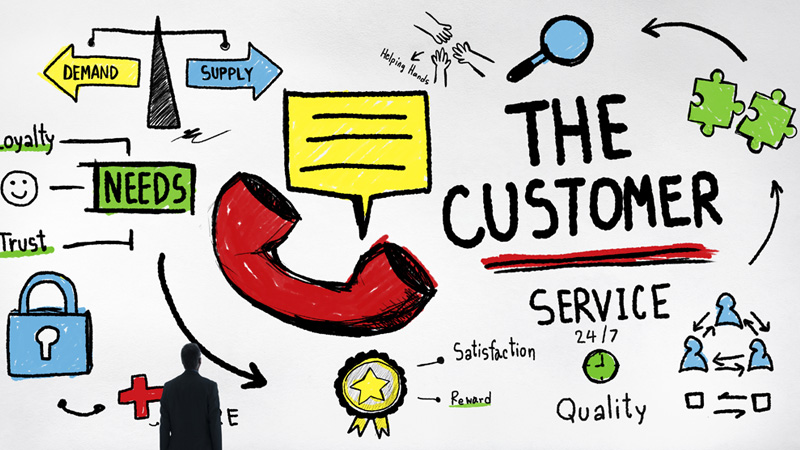
It makes the business or the company deliver quickly and perfect solutions and assistance to the customers as well as cater to their needs which increases the dependability and trust of the customers and people on the organization. Customer service must be loyal to its customer, which makes the customer loyal in return for further.
Marketing Database
The marketing database is one of the most valuable components of C. It refers to the promotional activities that are consumed by a company in order to promote their products and services.
Marketing involves crafting and implementing strategies in order to sell all the related products. Customer Relationship Management helps in the marketing planning process by enhancing and improving the effectiveness of the strategies used for marketing and brand promotion.
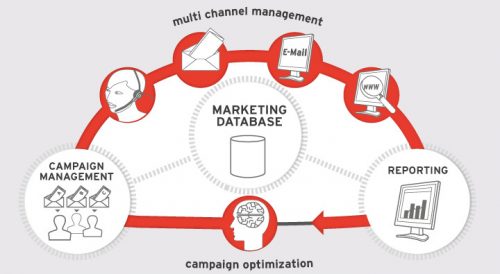
A few of its major elements for marketing are List Management, Email Marketing, Digital Marketing, Campaign Management, Activity Management, Document Management, Reporting Management, Call Management, Mass Emails, and Reporting.
Sales Force Automation
This role of CRM is to be the most essential component of customer relationship management. This is one such component that is employed by most business organizations. It includes forecasting, recording sales processing as well as keeping a track of the potential interactions.
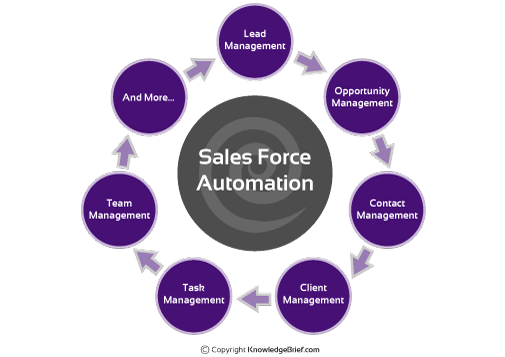
This component also includes analyzing the sales-forecasts and the performances of the workforce. Numerous components work hand in hand to form sales-force automation as a consequent unit, to achieve an overall improvement in the development and growth of the industry.
Some of the major elements such as Lead Management, Team Management, Client Management, Contact Management, Opportunity Management, Task Management, etc.
Support System
A support system contains valuable points towards its CRM such as:
1. Start with a Solid Foundation
Communication is important during the early stages of the client process. At this time, you will need to get to know the client’s business. You will want to understand the products and services that they offer, you need to understand each and everything about their process, their corporate culture, and what makes them unique to their customers.
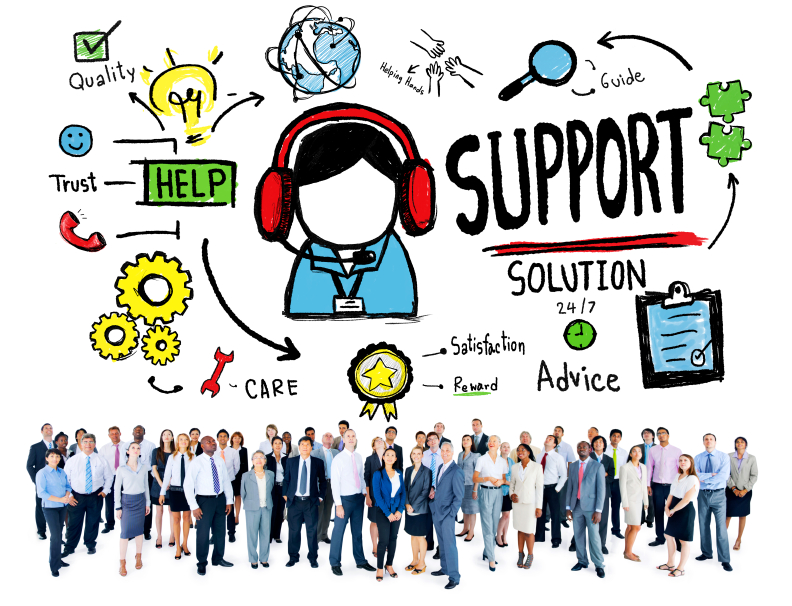
Communicate with the client and build a solid foundation for the project as you can save time and avoid miscommunication later. It’s a good idea to have some sort of insight process that you can go through with clients to get through this stage. It can help you make sure that you don’t miss out on any important points.
2. Do More Listening Than Talking
Generally, a client has a website and blog section which is all about them, their businesses, their services, and their customers. For this reason, it is important to listen to and let them provide you with the information that will help you to do the best job possible in the project.

3. Don’t Be Afraid to Ask Questions
Small misunderstandings will always lead to wasted time or worse, they may result in losing the project. So, do not be afraid to ask the client questions that will help you get on the same page and to design something that will work for them. Always be attentive all the time with clients and customers.
4. Be Patient With Your Explanations
A client does not have a great understanding of websites or designs, and that is why they are hiring you for their projects. As you are explaining things to them throughout the process, be patient, and keep remembering that this is probably not an aspect of their business that they are very comfortable working with. Clients appreciate designers and developers who show patience and a willingness to explain things in a way that they can understand, without putting them down.
5. Avoid Jargon
One of the biggest frustrations for clients is when designers talk to them with terms and phrases that they don’t understand. Although you are working online all the time and you probably communicate with other designers and developers, keep in mind that your clients will not have the same experience as you. So, you must avoid using terms that they are unlikely to understand.
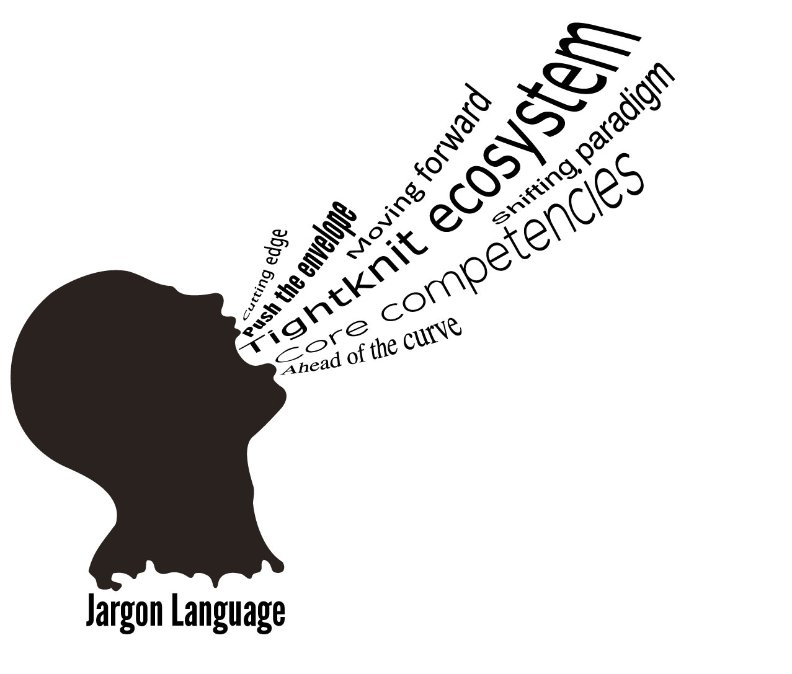
Use and talk in a simple language which makes it easy for the client to understand. Always be smiling and confident during all the discussions.
6. Time Management Skills
It is paramount, among the essential parts of the accomplishment of your organization, to use time in an effective and beneficial way. Depending upon your business, you have been engaging in meetings, returning phone calls, visiting potential clients, and preparing presentations.

Really, If you do not have time management skills, neither you will be able to maximize the efficiency of your company, nor will you be viewed as one who is reliable, dependable, and able to conduct proper business relationships based upon prioritization of your work and sufficient planning. Time management is a value for money for customers.
Conclusion of Modern CRM
Customer relationship management (CRM) is a good strategy for the company to implement. It will help the company to better understand its potential and existing customers. This is to customize a product that suits them and enhance customer loyalty thus the company can build long term-profitability with customers.
CRM systems allow for the objective study of the interaction between company and customer. These systems allow for the collection of important data, the storage of this data, and the means of analyzing the data in a way that will be useful to the company. CRM software provides tools necessary to automate, manage, and integrate their sales, marketing, and customer service operations.
- What Products Should You Sell on Amazon? - November 18, 2020
- 10 Reasons Why You Should Start Selling on Amazon - October 22, 2020
- Comparative Study of Top 6 Web Scraping Tools - September 3, 2020

